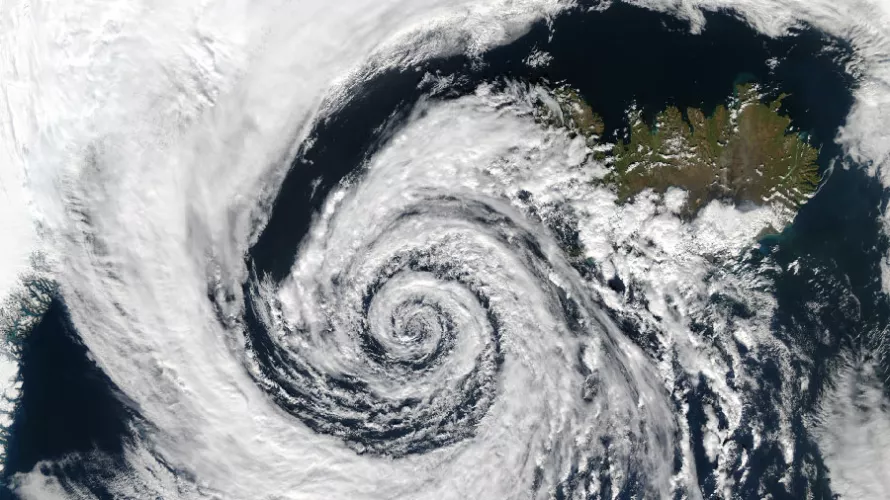
© Jacques Descloitres, MODIS Rapid Response Team, NASA/GSFC

© Jacques Descloitres, MODIS Rapid Response Team, NASA/GSFC
Just Transition is the buzzword of the hour. This policy brief outlines opportunities for international co-operation with India to facilitate a Just Energy Transition – the sustainable and equitable shift to low-carbon energy systems. Appropriate support can bolster India’s potential to become a leader in green and inclusive development models of the future.
After the EU election in June 2024, the new Commission will hold the power to demonstrate global climate leadership and reshape its partnership offer. Given the strong historical ties and growing economic relations between Africa and Europe, partnerships with the African continent must remain a focus of the EU. Our policy brief provides five recommendations for reshaping the EU’s partnership offer on energy co-operation.
The German government has recently launched its Climate Foreign Policy Strategy. In this context, several questions arise from the Latin American perspective. Our policy brief reflects the results of a round-table with Civil Society Organisations from Latin America.
The EU’s ability to enact ambitious climate policies relies on effective leadership and demonstrated commitment from influential Member States. Representatives from leading think tanks, environmental NGOs, businesses, and scientific institutions in France, Germany, and Poland, are calling for the establishment of a 'Green Weimar Triangle' to renew trilateral climate dialogue among the three countries.
The first Africa Climate Summit in September 2023 marked a milestone in global climate politics. African countries made clear that they want to actively shape the global climate debate to seize the opportunities of the green transformation and shake the perception of being mere victims of the climate crisis. In this briefing, we highlight the three main topics of the Summit – finance, renewable energy, and resilience – and offer recommendations for German climate foreign policy with regard to African countries in 2024 as the German government is revising its Africa Policy Guidelines.
Today, eight years ago, the Peruvian mountain guide and small farmer Saúl Luciano Lliuya filed his civil lawsuit against RWE at the regional court in Essen in Germany. What began back then has now become one of the world's most recognised precedents for the question of whether individual major emitters must pay for protection against climate risks.
The climate crisis continues to intensify worldwide. However, the main culprits of the climate crisis have so far shown a lack of financial support for dealing with loss and damage. The decision to set up a loss and damage fund at COP27 was a historic milestone after several developed countries had blocked it for many years. At COP28 in Dubai, the fund must now be made operable and filled adequately.
